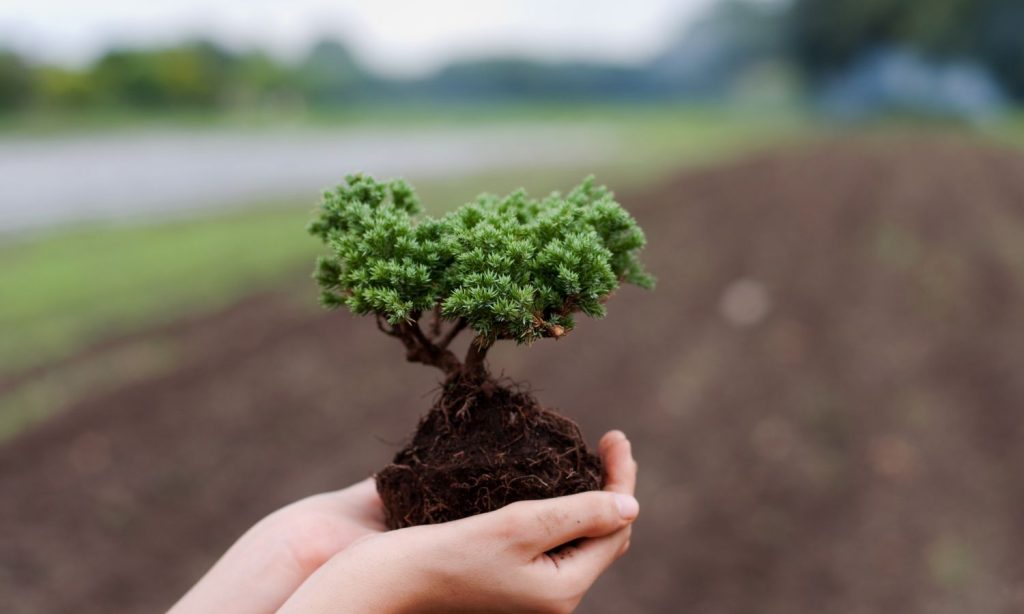
Imagine sowing seeds with utmost care, nurturing them diligently, only to find that unpredictable stressors have withered away your precious plants. Such situations have often left farmers heartbroken and financially strained. This heartache could be saved if we harness the power of plant breeding to instill stress tolerance in plants. The art and science of plant breeding have opened up endless possibilities for cultivating plants that can brave the challenges nature throws at them, from fluctuating temperatures to scarce water availability. The history of humanity is intertwined with the history of plant breeding, shaping our agricultural practices and our survival. Now, it's time to revisit this ancient solution, suited to modern times and tuned with innovative techniques, for a far-reaching impact on crop productivity, food security, and sustainability. The journey is fascinating, and the rewards are even more enticing. Shall we embark on this journey together?
Plant breeding for stress tolerance is not just about bettering our harvest today; it's about securing our future – a future threatened by changing climatic conditions and burgeoning global population. The key elements in this journey are closely linked with factors that influence stress tolerance, innovative breeding techniques, and pragmatic applications of plant breeding.
Let's delve in to uncover the potential of plant breeding to safeguard our green friends and, ultimately our existence. Witness the revolution gardeners, farmers and plant breeders are initiating across the globe.
Understanding Plant Breeding
Plant breeding, a critical pillar of agriculture, focuses on cultivating plants with specific, desirable traits that prove valuable in a variety of contexts. The importance of this practice dates back centuries, serving as a catalyst in the proliferation of diverse plant species and enhanced crop yields
With the uncertainty of today's rapidly evolving weather patterns, the need has never been greater for plants that can exhibit stress tolerance. Stressed conditions refer primarily to harsh environments where water is scarce, temperatures are inconsistent, or pathogens are prevalent. As such, the importance of plant breeding has transcended from an agricultural norm to a survival necessity, challenging researchers to create resilient plant breeds capable of withstanding the odds.
An understanding of plant breeding and its profound significance sets the foundation on which the remaining sections will build. We will further explore the factors contributing to a plant's tolerance to stress and discuss contemporary strategies to breed stress-tolerant plants.
?What are The Factors Influencing Stress Tolerance in Plants
Farmers and gardeners alike will affirm the significance of understanding the multiple factors influencing stress tolerance in plants. An initial key screen is temperature, whereby cooler climates may stunt growth, while excessive heat could lead to wilting. Water availability also plays a pivotal role. Especially in Israel's diverse topography, certain areas experience drought, putting high demands on plants' stress tolerance.
Soil Conditions and Disease Resistance
Delving into the soil, different constituents and levels of nutrients can induce stress in plants, alongside pH levels. Moreover, though seemingly invisible, resistance to disease is a formidable factor in plant stress tolerance. Diseases can wreak havoc on the health of plants, reducing their ability to handle additional stressors. Understanding these various factors underlines the importance of their incorporation in plant breeding endeavors towards achieving stress tolerance. In the following section, we'll skim through the techniques aiding in breeding stress-tolerant plants.
:Techniques for Breeding Stress-Tolerant Plants
In the quest to create a plant equipped to withstand various stress conditions, scientists employ a variety of techniques. Traditional breeding methods, based on the selective cultivation of plants with desirable traits, have long been in practice. However, these are often time-consuming and laborious.
Modern Approaches
Modern techniques are increasingly transforming plant breeding. Molecular breeding and genetic modification, for instance, offer the potential to introduce stress tolerance traits more accurately and rapidly. A critical enabler in this process is the identification and use of genetic markers, which can simplify the complex trait of stress tolerance into more handleable components.
Despite the potential benefits, these technologies come with their own limitations and should be applied with care. In the fourth section, we'll discuss how these techniques can be implemented effectively to maximize their benefits while minimising potential risks. Remember, the goal is to enhance not just the survival rate of crops, but also their productivity and contribution to food security.
?How is Implementing Stress Tolerance in Plant Breeding
The incorporation of stress tolerance traits into plant breeding programs is a multi-faceted process, guided by precise scientific understanding and advanced technologies. Genome editing, a cutting-edge technology that enables the targeted manipulation of genetic material, plays a pivotal role in the precision breeding of plants. Such advanced methods allow breeders to achieve previously unattainable selection standards and breed plants that can thrive under challenging environmental conditions.
Another influential technique in the creation of stress-tolerant varieties is marker-assisted selection, which utilizes genetic markers linked with desirable traits. As addressed in the previous section, these techniques overcome the limitations of traditional breeding methods, helping to accelerate the production of robust and adaptable plant species.
The development and implementation of stress-tolerant plants have a significant impact on crop productivity and food security. Beyond ensuring yield stability, these breeding achievements contribute to the larger goals of agricultural sustainability and ecosystem preservation.
For more information >> plant breeding for stress environments
